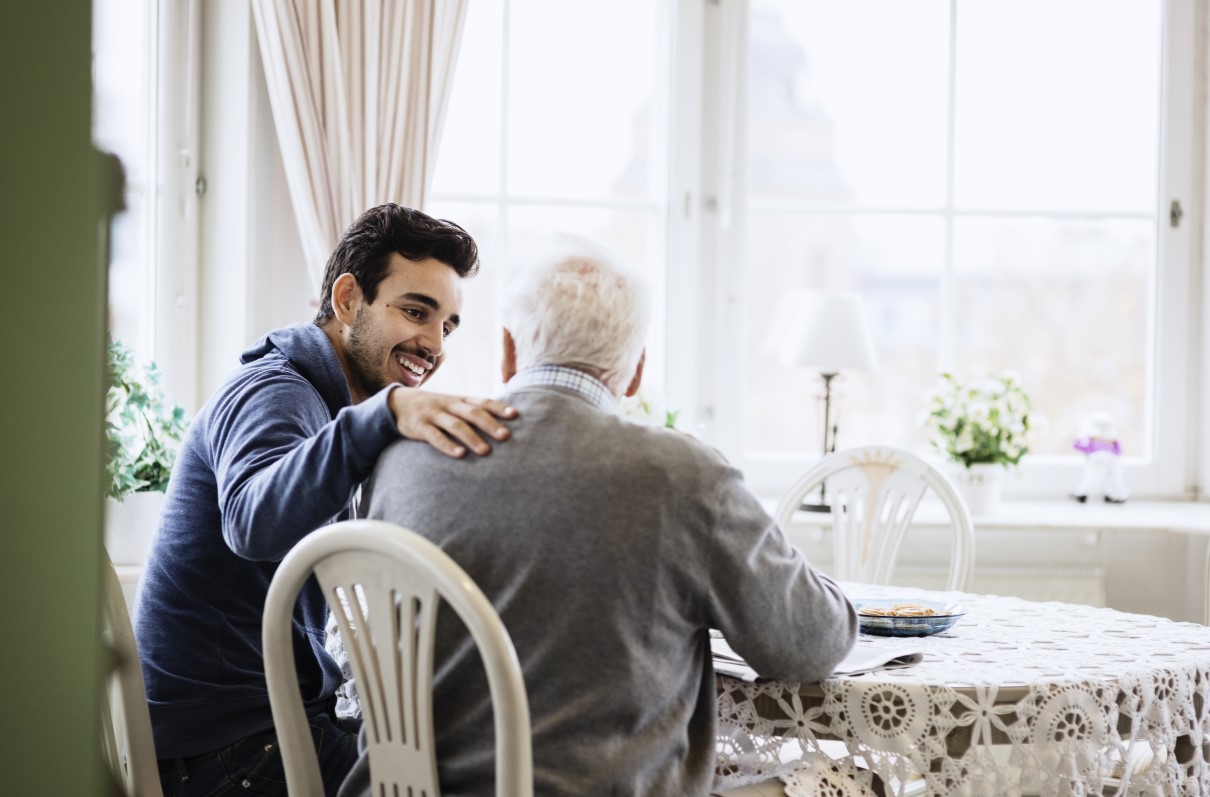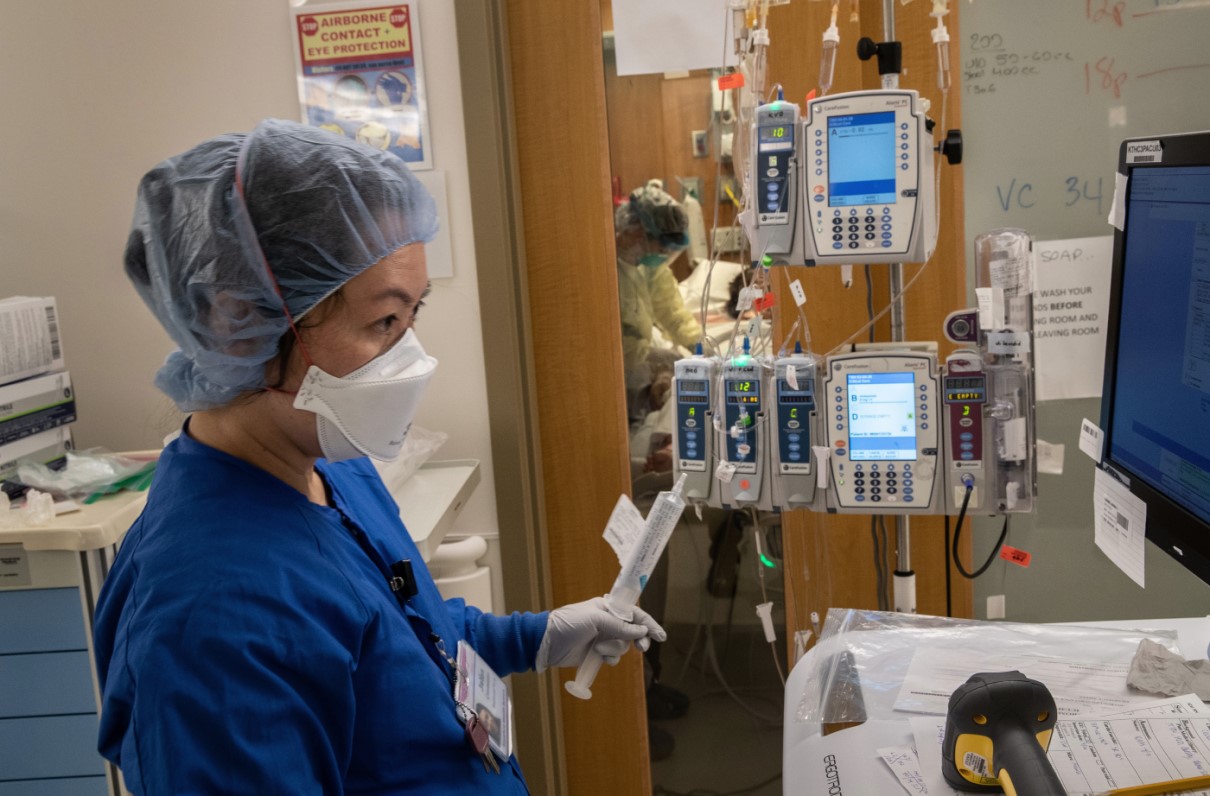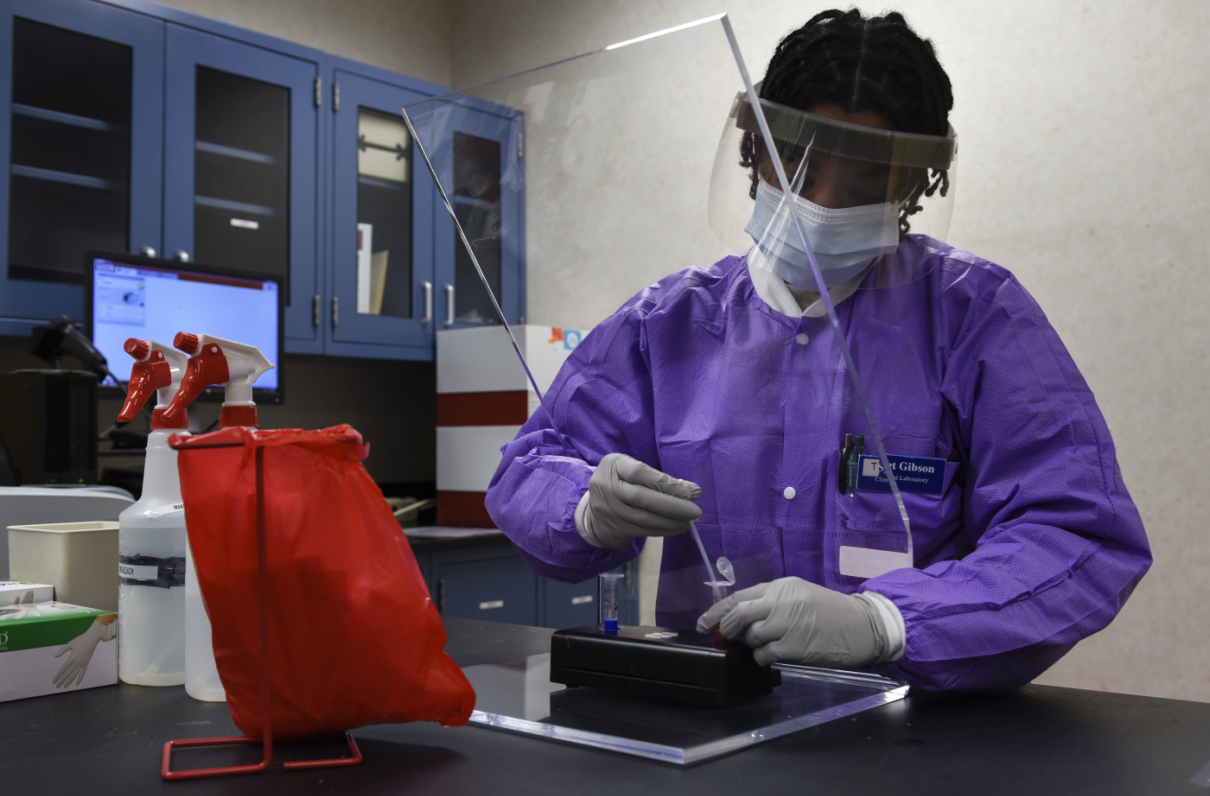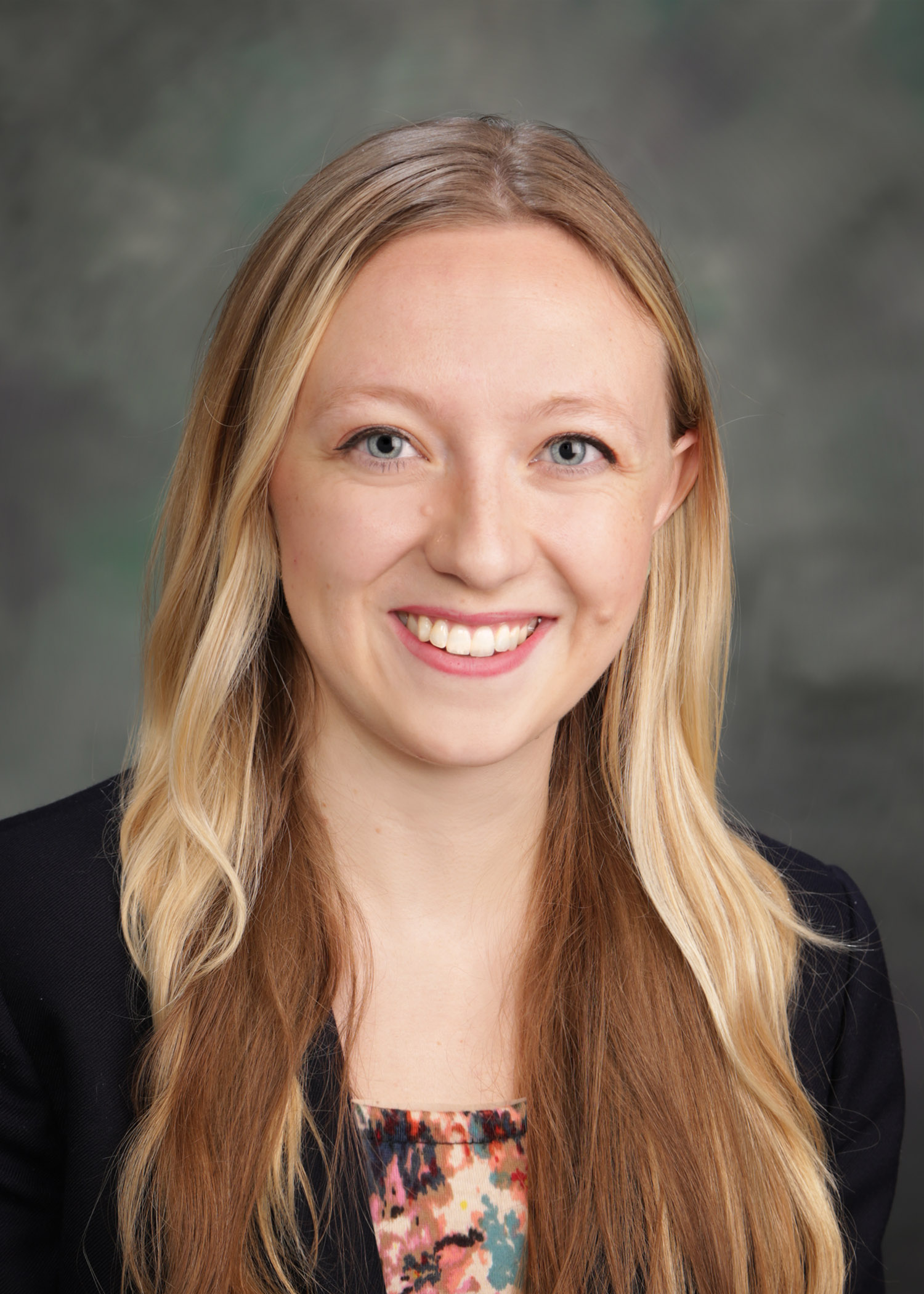The coronavirus pandemic has taken a toll on countless communities but has affected one vulnerable population on several unexpected levels: Caregivers of veterans. These “hidden heroes” face increased demand for medical supplies, and isolation from their support network, along with increased risk of infection for their veterans and themselves.
In a time when caregivers need support more than ever, the Elizabeth Dole Foundation continues to take the journey with them during uncertain times.
MOAA has partnered with the foundation in the past, including on Tips for Lifelong Caregiving, a comprehensive website offering financial and other guidance. Recently, MOAA asked Rashi Venkataraman Romanoff, vice president of programs and partnerships at the foundation, to share resources to help those affected by the COVID-19 crisis and educate community members on how to help neighbors in need.
Unique Needs
Early on in the fight against COVID-19, the foundation conducted research to identify areas of need that were likely to arise or increase during the pandemic. They’ve since continued to monitor requirements of the community that they serve in order to provide support; a second survey began April 6.
“Military caregivers and military families have really been disproportionately affected by the current crisis,” Romanoff said. “A lot of these veterans were already in an immunocompromised or immunosuppressed state.”
The pandemic has also led to unwelcome supply issues, she said.
“For things like wound care or ventilator support, these caregivers are now in competition with state public health systems, hospitals, and health care providers,” Romanoff said. “Access to medical supplies has really emerged as a top need. We're seeing that the prices for these supplies on average through some subsequent survey work are increasing about between 40 and 50%.”
[RELATED: What Will Civilian Health Care Cuts Mean for TRICARE Beneficiaries?]
Rising Concerns
Since the start of the pandemic, new concerns have arisen among caregivers. People who live in rural areas have seen decreased delivery options and limited access to essential needs in grocery stores and pharmacies.
Caregivers have had an elevated concern of securing back-up care as everyone is at a greater risk of infection. And they are worried what will happen if they become unable to care for their veteran due to the coronavirus.
These individuals should keep a developed care plan handy, Romanoff said. A document that summarizes conditions, medications, providers, emergency contacts, or advanced directives can alleviate the stress of the unknown.
The concern of increased isolation has also been a top finding of the foundation’s research, Romanoff said.
“One of the things we've found even before this crisis hit is that military caregivers often feel isolated from communities, because they're doing this work at home,” she said. “It’s not readily apparent that these caregivers are doing this work each and every day. That can be very isolating to experience day in and day out.”
How to Help
“This is a really good time to get to know your neighbors.” Romanoff said. “If there’s someone in your neighborhood or if there’s someone in your community that is in the role, reach out, maybe offer to make a meal. Even a quick phone call can be a nice way to let someone know you are thinking of them.”
Setting up time to communicate with friends and family can alleviate mental stress and create a sense of connectedness during physical isolation periods, she added.
The Dole Foundation has consolidated many of its resources online so that they are accessible to all during the pandemic. They've also launched a new webinar series with Wounded Warrior Project and the U.S. Department of Veterans Affairs titled "Caregiver Community Connection" that is aimed at bringing timely resources and activities to caregivers and their families.
Support MOAA's COVID-19 Relief Fund
Donate to help The MOAA Foundation address emerging needs among currently serving and former uniformed servicemembers, retirees, and their families.



